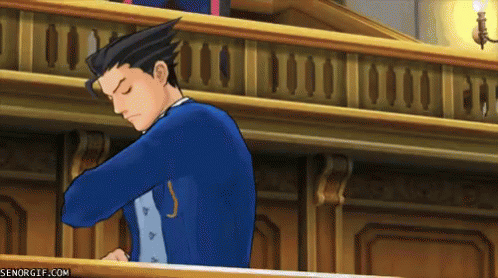 After a jury trial, Mumford was declared to be a sexually violent predator and then civilly committed. Dr. Turner, a psychologist, interviewed him and prepared a written report. The trial court struck, for procedural reasons, another expert who the State planned to call at trial, and then allowed the State to offer Dr. Turner’s written report in evidence. The Fifth Court reversed, finding that the report was prepared in anticipation of litigation (the commitment proceedings) and thus was not admissible as a business record. As to harm, it said: “Dr. Turner’s report was the only evidence that appellant ‘suffers from a behavioral abnormality that makes the person likely to engage in a predatory act of sexual violence.’ Without evidence to support that finding, the jury could not have found
After a jury trial, Mumford was declared to be a sexually violent predator and then civilly committed. Dr. Turner, a psychologist, interviewed him and prepared a written report. The trial court struck, for procedural reasons, another expert who the State planned to call at trial, and then allowed the State to offer Dr. Turner’s written report in evidence. The Fifth Court reversed, finding that the report was prepared in anticipation of litigation (the commitment proceedings) and thus was not admissible as a business record. As to harm, it said: “Dr. Turner’s report was the only evidence that appellant ‘suffers from a behavioral abnormality that makes the person likely to engage in a predatory act of sexual violence.’ Without evidence to support that finding, the jury could not have found
appellant was a sexually violent predator.” In re Mumford, No. 05-19-00186-CV (March 31, 2020) (mem. op.)
